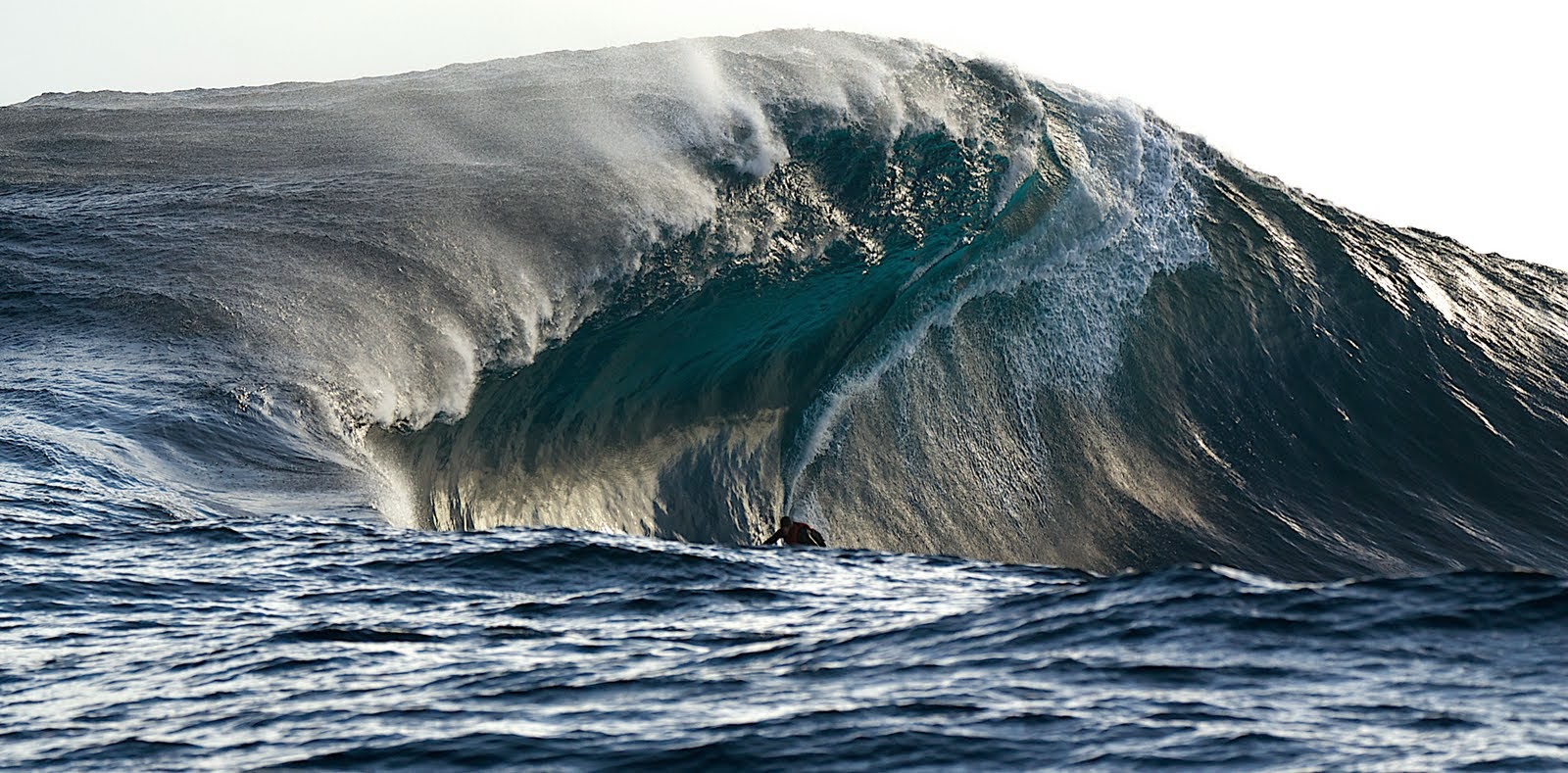[Up, Down]
Reminder 
William Nordhaus, Economist.
aka: Waiting for the other shoe to drop. aka: The Fierce Urgency of Now. (Not.)
[Up, Down]

William Nordhaus, Economist.
aka: Waiting for the other shoe to drop. aka: The Fierce Urgency of Now. (Not.)
Objects in mirror are closer than they appear:
I apologize for being rude and stupid - a boor. I simply look at the order of points in Chapters 12 & 13, the mis-naming of abatement as 'mitigation', and respond with the Brazilian anti-smoking image. A more gracious and civilized reviewer (Mark Jaccard) says, more gently, "Lately, however, he has begun to disappoint — as demonstrated by The Climate Casino," and goes on to politely & coolly demonstrate the point. Speaking of Nordhaus' earlier work he says, "... his analysis essentially vindicated business as usual for our fossil fuel-addicted economy." For me, Nordhaus' pervasive equivocation in 'The Climate Casino' carries on with the vindication - in spades. Nordhaus is a seriously smart guy though, no doubt about that - like an actuary you meet in the Sun Life cafeteria (since in those days the actuaries sometimes ate with the hoi polloi and it really was a free lunch) - who tells you he can closely determine the event but chokes when he thinks of telling. (Because he knows which side his bread is buttered on? Can't say.) Perhaps he is a deeply conservative surfer caught on a growing (overwhelming?) wave of cognitive dissonance:  °º¤ø,¸¸,ø¤º°`°º¤ø,¸,ø¤°º¤ø,¸¸,ø¤º°`°º¤ø,¸¸,ø¤º°`°º¤ø,¸¸,ø¤º°`°º¤ø,¸¸,ø¤º°`°º¤ø,¸¸,ø¤º°`°º¤ø,¸¸,ø¤º°`°º¤ø,¸¸,ø¤º So ... we've got John Kerry's speech in Jakarta ignored; Jim Hansen wringing his hands and focussing his angst on a nuclear renaissance (see his March 10th OpEd); and William Nordhaus (in thick bifocals) damning action with faint praise - or praising inaction with equivocation as the case may be. Dumb & Dumber enlisting Jim Prentice to shill for Enbridge's Gateway pipeline slides into perspective and becomes exactly what it is - comic relief. We're not in Kansas anymore gentle reader.
.jpg) Apologies to Mark Jaccard - he kindly emailed me a copy of the review but was concerned that I might distribute it (and I presume, upset some kind of copyright arrangement). For the record, someone may have gone down to a library, found a Science Magazine there, and taken a copy from that. Apologies to Mark Jaccard - he kindly emailed me a copy of the review but was concerned that I might distribute it (and I presume, upset some kind of copyright arrangement). For the record, someone may have gone down to a library, found a Science Magazine there, and taken a copy from that.It is incredible to me that on this issue which is so important to us all (or should be), opinions are restricted by commerce. Bollocks! Some of the leading lights, James Hansen in particular, make sure that their thoughts are distributed openly. Even more incredible that such a smart guy as William Nordhaus puts himself on the status quo (and personally comfortable I guess) side of the discussion. It is reassuring to find gentle criticism in Mark Jaccard's review - otherwise I might think I am really crazy. In Nordhaus' article for NYR 'Why the Global Warming Skeptics Are Wrong' (linked to above) he is so clear - why then is 'The Climate Casino' so wishy washy?
"GOD DAMN THEM ALL! I was told we'd cruise the seas for American gold, we'd fire no guns, shed no tears. But I'm a broken man on a Halifax pier, the last of Barrett's Privateers." °º¤ø,¸¸,ø¤º°`°º¤ø,¸,ø¤°º¤ø,¸¸,ø¤º°`°º¤ø,¸¸,ø¤º°`°º¤ø,¸¸,ø¤º°`°º¤ø,¸¸,ø¤º°`°º¤ø,¸¸,ø¤º°`°º¤ø,¸¸,ø¤º°`°º¤ø,¸¸,ø¤º   Hardly 'the last' by any means but that's what it feels like tonight. And the music I am actually listening to as I write is Arvo Pärt: Spiegel im spiegel not Stan Rogers. Hardly 'the last' by any means but that's what it feels like tonight. And the music I am actually listening to as I write is Arvo Pärt: Spiegel im spiegel not Stan Rogers.Jim Hansen (it seems to me) knows time is running out and so does what he can to promote a desperate & extreme long shot - Thorium nuclear reactors - not to mention just as dirty as CO2 if not moreso. He's not the only one: Gwynne Dyer, the guy at The Guardian? ... George Monbiot, Clive Hamilton; to mention just a few. Or the likes of Marina Silva and Elizabeth May who do what they can (read 'waste their time and energy') in the moribund political realm. Ai ai ai! °º¤ø,¸¸,ø¤º°`°º¤ø,¸,ø¤°º¤ø,¸¸,ø¤º°`°º¤ø,¸¸,ø¤º°`°º¤ø,¸¸,ø¤º°`°º¤ø,¸¸,ø¤º°`°º¤ø,¸¸,ø¤º°`°º¤ø,¸¸,ø¤º°`°º¤ø,¸¸,ø¤º I collected some photographs of young Turkana girls taken a long time ago when the lake was larger - viz. before Ethiopia decided they need the water in it more than Kenya does. I was going to post them, maybe later. °º¤ø,¸¸,ø¤º°`°º¤ø,¸,ø¤°º¤ø,¸¸,ø¤º°`°º¤ø,¸¸,ø¤º°`°º¤ø,¸¸,ø¤º°`°º¤ø,¸¸,ø¤º°`°º¤ø,¸¸,ø¤º°`°º¤ø,¸¸,ø¤º°`°º¤ø,¸¸,ø¤º It may be that all you can see here is negativity, boorish and puerile criticism, silly ranting, perverse photomontages and such like. See what you will see gentle reader, and be well. |
[Up, Down]









No comments:
Post a Comment